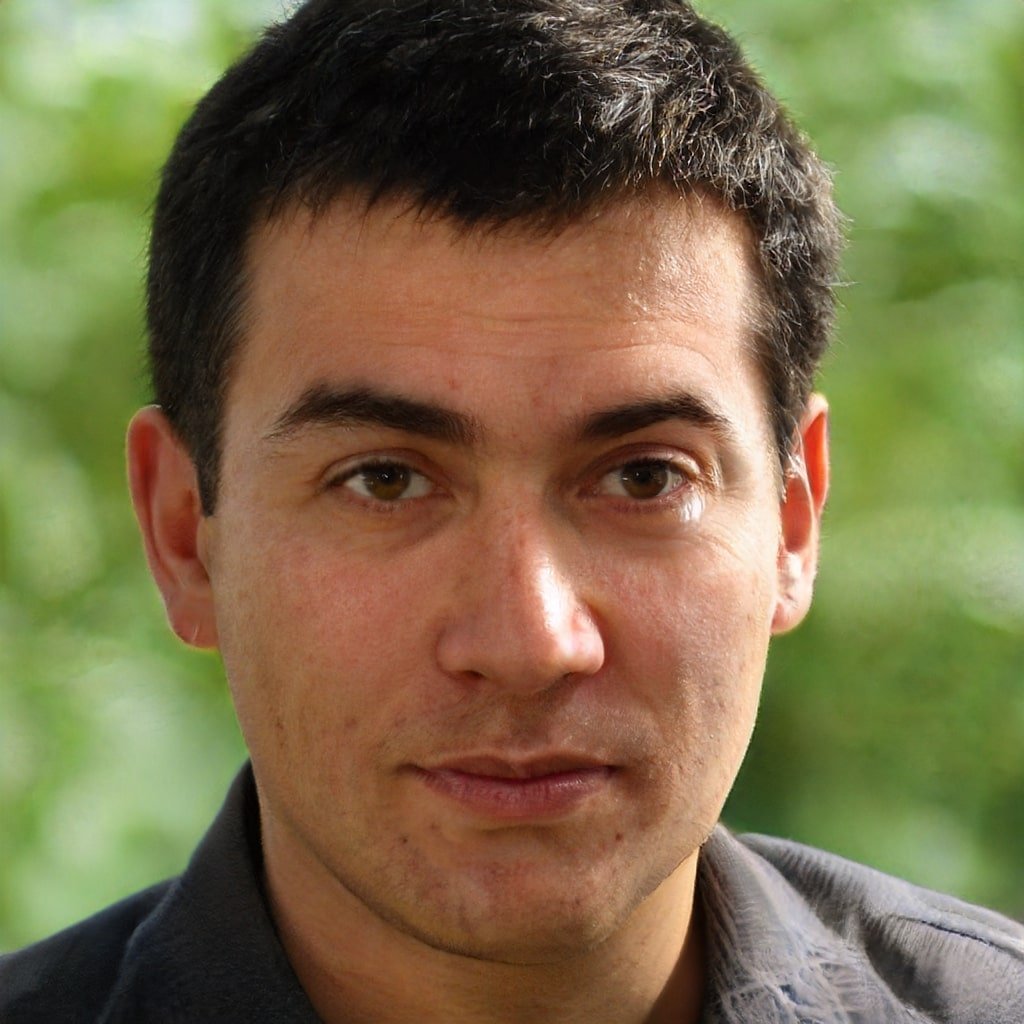Financial advisors often come across people who want to invest their little money. Most people think that you need to be wealthy to start investing. However, financial experts often say that it is not necessarily true.
In reality, anyone can start saving and spending if they have only a little money leftover or even just the commitment to improve a few things in your life.
Before you search “My finance asset management,” learn these ways to invest with a minimal amount of money.
#1 Use Online Broker
This can be a riskier approach, but it can be one of the most satisfying people. At many times, $50 is all it takes to open an account, such as online forex or CFD broker. And with some understanding of how financial markets operate and a little bit of luck, those 50 dollars might soon begin to rise.
Just bear in mind that trading is more hands-on than conventional investments, and to become profitable would take more of your time.
#2 Automatic Advisors
Wealth managers and financial advisors cost money when you are opening a brokerage account. Today, for a nominal monthly charge, 0.25 per cent of your account balance, to be precise, a Robo-advisor like Betterment will handle your personal capital management portfolio.
You’d be spending $2.50 a year in maintenance fees for a $1,000 account. Or, if that’s too steep, you might use M1 Finance, which charges no annual fee, to distribute your savings between various index funds and bonds automatically. Technology does the whole deal.
You can start investing with just $100. So if you want to escape hefty fees and easy access to your cash, it’s a great choice.
#3 Retirement Plan
Everyone must save up for their future because it’s a perfect first investment. As an American, you can invest in a 401(k) retirement scheme with your company.
Perhaps as low as 1% of your salary will have a huge effect on your life in the future. So, there is just no need to hesitate.
#4 Mutual Funds
Mutual funds are portfolios composed of multiple shares and bonds in which a single transaction can be invested. That means, without knowing how to research and invest in stocks on your own, you can make a profit from the international stock market.
Mutual funds often aim to be handled professionally, meaning you get the best out of your savings without having to lift a finger.
#5 Certificates of Deposits
Deposit certificates (CDs) operate like savings accounts, but by promising to leave the money alone for a fixed period known as a “term.” So, you receive higher interest rates.
The length of your deposit scheme can be three months or five years. A longer-term usually means that you’ll receive higher interest rates. You’d have to pay a premium and forfeit your earnings from dividends if you need the money before the CD’s period matures.
The downside is that CDs give much smaller yields, but the risk is much lower than other forms of investments. In reality, the risk is practically non-existent.















